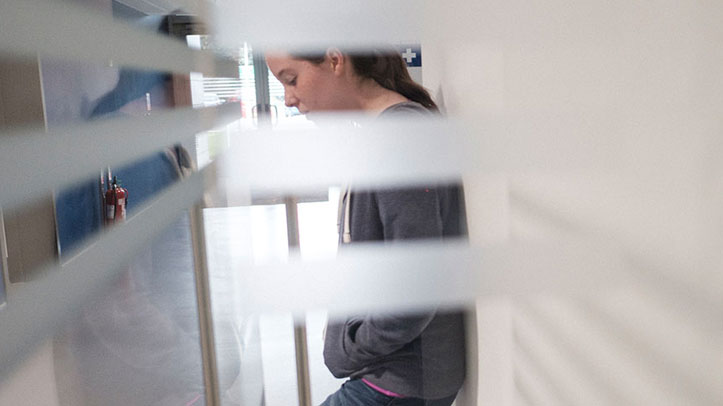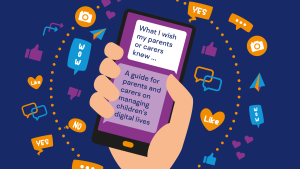
During our recent research on vulnerable teenagers we were interested to know if they felt there was a make-or-break moment: was there a specific point where, had more support been given earlier, things would have been different for them?
We spoke to 16 young people aged 16 to 23 in youth justice settings, college and unregulated placements, and almost every young person could identify a point earlier in their lives where they felt things went wrong. What was striking was the sense of inevitability some of the young people we spoke with felt about their lives.
From these conversations there were three clear flashpoints: being excluded from school, going missing and waiting for mental health services.
The young people we spoke with were looking back with hindsight and it became clear that they felt that the opportunity to help them at a crucial moment was missed. On some occasions, they felt professionals looked at their behaviour through the lens of infraction and punishment. They wondered whether if their behaviour had been looked at not only as acts of infringement but also acts of communication, that it would have been obvious that they were shouting from the rooftops: “I’m not ok.”
why send a [child] home for bad behaviour when the issue is, being at home is why they’re being badly behaved?
Ariana, aged 17, told us:
“No one pays attention and it just doesn’t make sense. Like why send a [child] home for bad behaviour when the issue is, being at home is why they’re being badly behaved? But then like you’re sending them home but it’s home that’s causing the issue … No one sat us down in school and said, “Right, what’s the issue, why don’t you want to come in?” Ask me why I haven’t done my work. Like how do you know what I had going on at home like the night before?”
We met Archie, aged 17, at a youth offending team. When he was 14, he went missing and lived on the streets for a year and a half. He looks back at this time as a period where he needed help but was not given it:
How can a kid who is 14 live on the streets for a year and a half?
“How can a kid who is 14 live on the streets for a year and a half? Where were Social Services at that time? Why did no-one come and get me and put me in a care home? I was sleeping in a shed in a back garden with 2 of my mates who were “wanted”. 14! If I caught a 14-year-old now on the streets I would put them into care.”
Ariana also said she was made to wait too long for mental health support:
“Like CAMHS, like they’re a well-known mental health service and their waiting list can be over six months. Well how can you make a child wait for six months to see a psychiatrist or a doctor, you’re just like wasting time.”
She sat in the waiting room of a CAMHS office for 6 hours until they agreed to help her:
“I told them: ‘If you don’t do something with me, I’m going to go home and take my own life, and you need to do something about it.’ It took me to get to that point to say to someone, I’m going to do something about it if you don’t – and that’s when someone listened. Like why should I have to get to that point? I should have been helped before.”
She also said to us that she felt that the lack of a diagnosis for her mental health difficulties changed how professionals understood her behaviour, and ultimately meant she missed out on vital support:
“I had to be put on a two and a half year probation course because they labelled me as like a bad kid and it wasn’t that, I had complex PTSD and no one like knew that and it was my mental health.”
We spoke to another girl in an unregulated placement, Misha, who told us she had been having serious problems at home prior to moving in. She was eventually removed and ended up moving into the hostel when she was 17. She expressed frustration that no one at school had bothered to ask her about why she had stopped coming to school or didn’t turn up to lessons:
They should have sat me down on my own [and tried to talk to me]
“When I was in school, I wasn’t problematic. I just used to not come in or come in late … Lots of warning signs about my situation were missed. They should have sat me down on my own [and tried to talk to me], I have some issues going on.”
Listening to these teenagers tell their stories is an important reminder that when dealing with vulnerable teenagers it is easy to focus on the behaviour and miss the underlying problem. These young people felt that the adults around them, who were meant to be helping them, didn’t always pay attention to what was happening in their lives. They felt that adults had a tendency to make assumptions about them, rather than to engage in open conversations with them about what was really going on in their lives.
As Jen, 21, who was staying in unregulated accommodation told us: “Things get harder when you get older, you don’t get so much help […] but I could be 21, and have the mindset of an 18 year old […] I don’t think they look at it that way […] there has to be a cut off point, [but you should still see] people as individuals not as statistics.”






